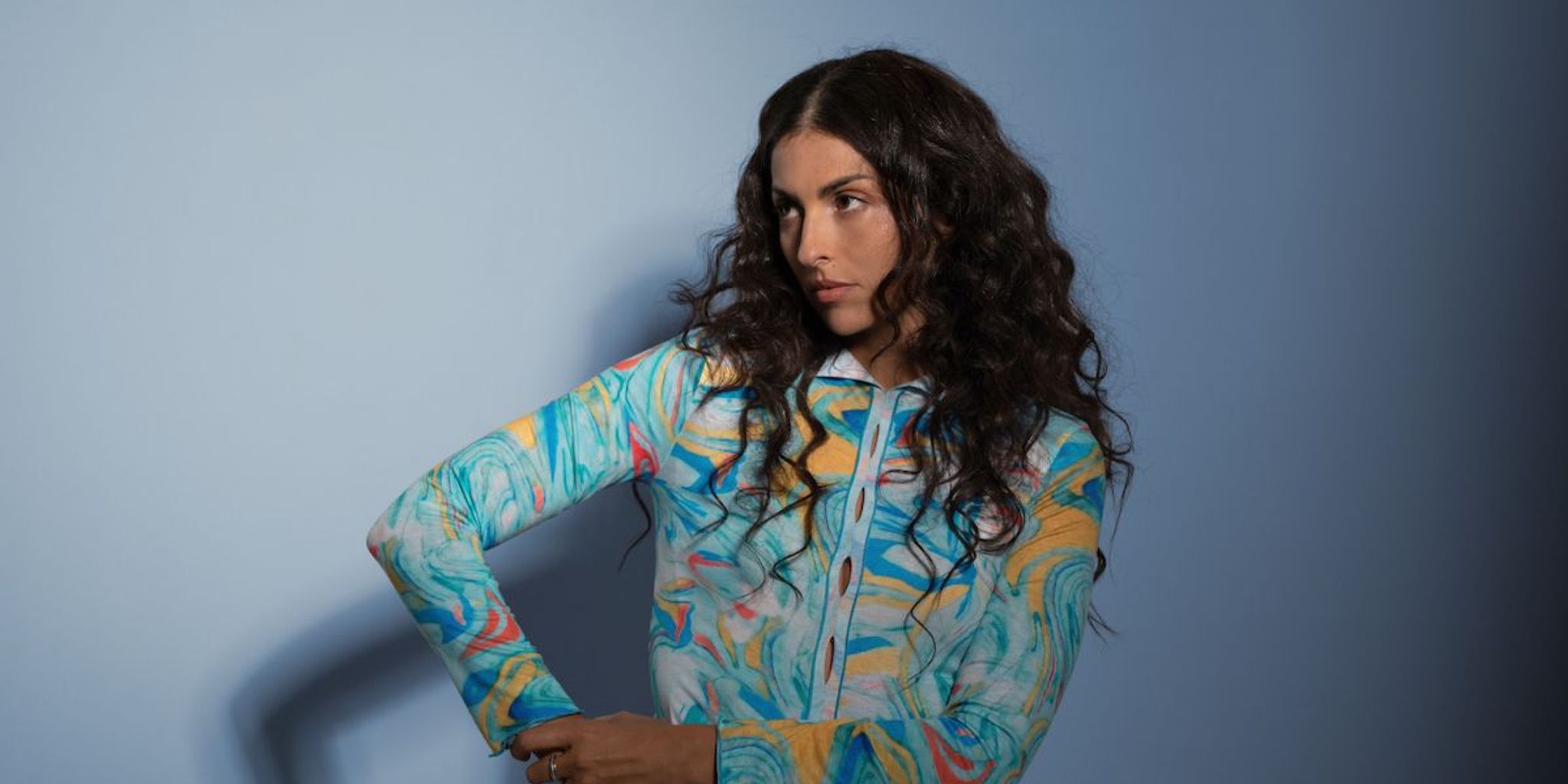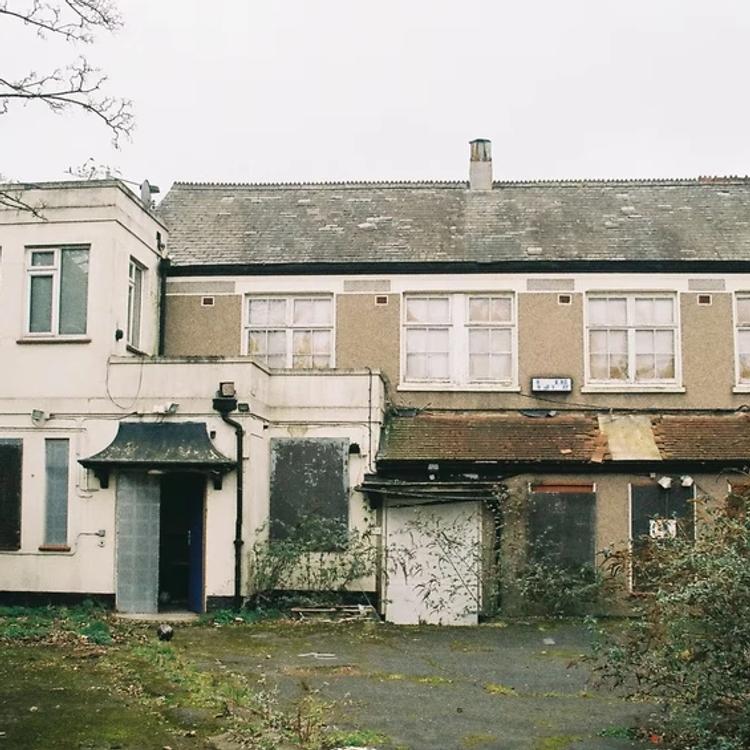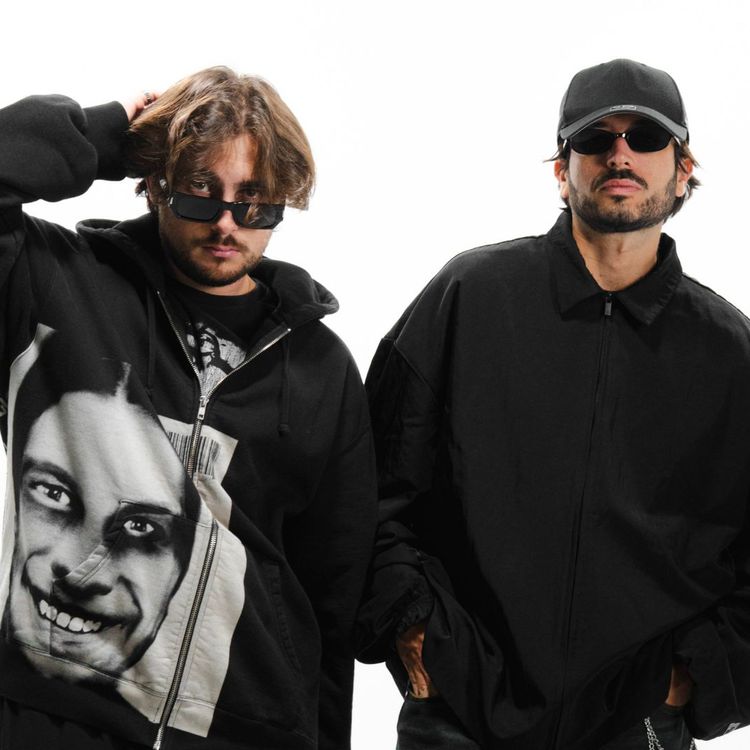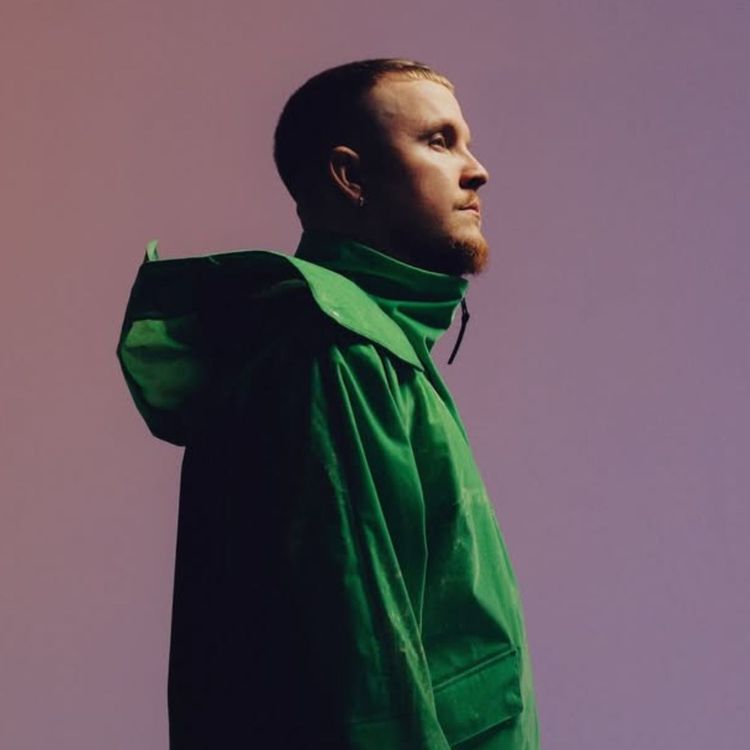[Interview] Anna Lunoe Dances Through Her Emotions with the 'Saturday Love' EP
Anna Lunoe warmly greets me via Zoom, even introducing me to her family in her cheerful Australian lilt as we set up to dig into her upcoming EP, Saturday Love. Lunoe radiates energy that’s as gentle as it is powerful, exuding a calm grace that stands in contrast to the high-intensity club tracks she’s known worldwide for.
Re-writing the rules of the game comes naturally to Lunoe, who first broke into the mainstream with her 2012 EP Anna Lunoe & Friends. A legendary multi-hyphenate of dance music, Lunoe is a songwriter, producer, vocalist, touring DJ, Apple Music radio show host, podcast creator, and mother of two children, who feature on her latest single, “Alright.”
After facing the turbulence of the COVID-19 pandemic, dual lockdowns following her relocation back to Australia, and a cautious uncertainty surrounding live events, Lunoe’s new music is a love letter to past and present selves changed by following life’s unknowable path. Despite adversity, Lunoe muses that “all roads, all the emotions lead back to being able to dance through them.”
Saturday Love releases on July 29th via NLV Records.
Follow Anna Lunoe on Facebook | Instagram | Twitter | Tik Tok | Soundcloud | Youtube
With a new EP coming, and a brand-new banger out now, tell me about the writing process—the EP came together over the last few months, right?
It happened in a few different stages. The oldest one is "Saturday Love," the title track. I started that in 2015. "Peach Fuzz" was started in 2016. Those two songs have been on my laptop, waiting for me to work out what to do with them, but I loved them. Every year or so, I check in on them. I have a stack more [songs] sitting on my laptop that I think are special. There's something I want to pursue about them.
Do you feel like you learn different things when you come back from a song that's seven years old? How do you determine when you're ready to do what?
When I wrote "Saturday Love," the other songs I wrote that year were "Stomper" and "Radioactive," which are quite different from that. "Saturday Love" was really emotional and really rolling. It had the same sort of walking bassline, which wasn't a straight four-four beat. It was a bit more convoluted. The sincerity of the vocal wasn't really where I was at with the vocals I was putting out. There were a few elements that didn't fit the story of where I was at.
I go through stages where I'm more into this sound then more into that sound, especially when it comes to club music. It's just like fashion. You look in your wardrobe, and suddenly an old sweater that you never used to wear, that you haven't worn for five years, looks fresh again. It's the same thing with a song.
I love the sample of your son on "Alright." It's such a fun, personal touch.
[laughs] He really did enjoy it. I started it on a Friday. It was literally the week before we were turning in the EP, and I was playing with this song that I had, and I decided to delete 90% of it and make a really directional club banger out of some of the sounds I had. I played it for the kids before bed, and I've got this video of them jumping on the bed, screaming, and enjoying it. The next day, I had a sample in there, and the sample was sounding pretty boring, so I was like, "What can I do instead of a sample?"
The next day, it was a Saturday, and I get a little break when the kids have a nap in the middle of the day. I started fiddling with this song, and Rocky woke up early and came downstairs. I was like, "okay, Rocky, you say it!" I got him to record some stuff, and it sounded fun, and then Willa woke up, and I tried recording the two of them and just played with the vocals to see if it sounded good. I ended up stacking most of our vocals together for the most part, so it's me and both the kids.
Let's talk about the artwork. I love the neon, 90s, and 2000s rave vibe to it.
Well, I worked with an artist called Adam Dal Pozzo, who is an Australian designer and is very accomplished. Really incredible at what he does. We came up with this mood board of concepts. I selected all these images, and then we came up with this palette of what I like, which was interesting for someone to analyze what you like. It was like, "okay, you like blur mixed with sharp edges," and I realized that's exactly like my music. I like blurry big bass mixed with the sharp edges of the perc. It was quite cool to analyze what I like visually and see how it mirrors what I like sonically. Each song is like a spirit wave, a sine wave.
Each song has this energy, this color palette, and this texture and font. So each individual artwork is like a burst of that spirit. The main artwork for the EP is all those spirits weaving in together.
You mentioned that you're working on more environmental approaches to your merch for this EP. What's inspired you to pursue this model now?
If you've been following me online for the last few years, you've seen me get progressively more vocal about environmental issues and the actions that I'm taking. Before the pandemic, I was really passionate about a lot of things with the environment but wasn't living in line with a lot of those passions just by pure necessity. I was so busy that I wasn't even able to give it the headspace it needed to unpack. In the same way that breaking everything gives us a chance to rebuild it when I broke my life apart, it gave me a chance to rebuild it more in line with how I feel about my energy provider, my bank, and the way that I cook and find food, the way that I buy food, where I buy my food, what it's packaged in. I was very mindful of how I put my life back together.
When it came to re-doing my merch game, I absolutely didn't want to do what I was doing before. One t-shirt requires two years' worth of drinking water. We have to be mindful that the things we make have a cost.
I wanted to do vinyl, but I didn't want to do it if it was going to put a lot of waste in the atmosphere. It was really important to me to find a provider that was using recycled materials. We found a great provider in Canada. We actually found a few, and I would encourage any artist who wants to do it this way to reach out, and I'll give you information. We found a t-shirt provider who's using recycled jerseys and not using heaps of dyes and chemicals that wash into our water. [They also use] a closed loop production system, which is where everything is re-used.
You do so many different creative things. I love that you're like everywhere, and you do everything well. How do you recharge yourself in between all these creative projects?
It's funny that you think that I'm everywhere because I feel like I'm pretty selective with what I do now. I feel like I say no to a lot. I have very strong limitations. Over time, I've learned where the boundaries are of what I can commit to, and I give myself very strict deadlines to do things. I do my best to do them to the best of my abilities to a certain point, and then I promise myself to let them go.
Before I had kids, and before I had the responsibilities and restrictions that I have now, that [lack of limitations] was not my friend. I wasn't as productive because I didn't have those deadlines. So I think that the less time you have, the more time you use.
When you're not creating, what do you do to rebalance?
I go for a walk. I have a bath. I cook food. I go to the farmer's market, buy heaps of vegetables or food, and cook soups. I just try to nourish and calm everyone down. It's very boring, but it's what I have to do to keep it all even.
Was it emotional to be back in the clubs on your tour earlier this year?
It was very emotional for me to be back in the clubs, especially in America. I walked away from my home, not knowing what was going to happen. When I went back, I didn't know what I was going to see. I didn't know if I was going to have people that wanted to see me play anymore. So to go back and feel the love, and feel [that] the connection was still so strong, was very emotional for me. I felt like a part of my heart belongs there and is just at home there.
I've spoken to a lot of artists too on my radio show about how they felt, and I think a lot of people did what I did. They just wanted to connect with their more emotional songs as well. They had time to dig into these songs that had more emotion because they were in a place of flux and uncertainty. Some of us made songs that are really chill and not for the club at all, which is beautiful, but somehow in the journey of the two years that I fiddled with these songs—I took breaks on them and did the podcast and stuff, but they all ended up coming to the club on that journey, so that was cool too. I gave them the chance to be total weirdo, not-club songs but they sort of all ended up coming back to the club.
All roads lead back to the dancefloor. That's the new slogan.
All roads, all the joy leads back—all the emotion leads back to being able to dance through them.
















